| Having trouble viewing this email? Click here . |
|
|
Auckland’s recovery – community update
|
|
More than 100 Category 3 houses now purchasedBelow are the latest property categorisation numbers, as of Thursday 20 June. For a more in-depth review of these numbers including a suburb-by-suburb view, read our story on OurAuckland.
|
|
|
|
|
|
|
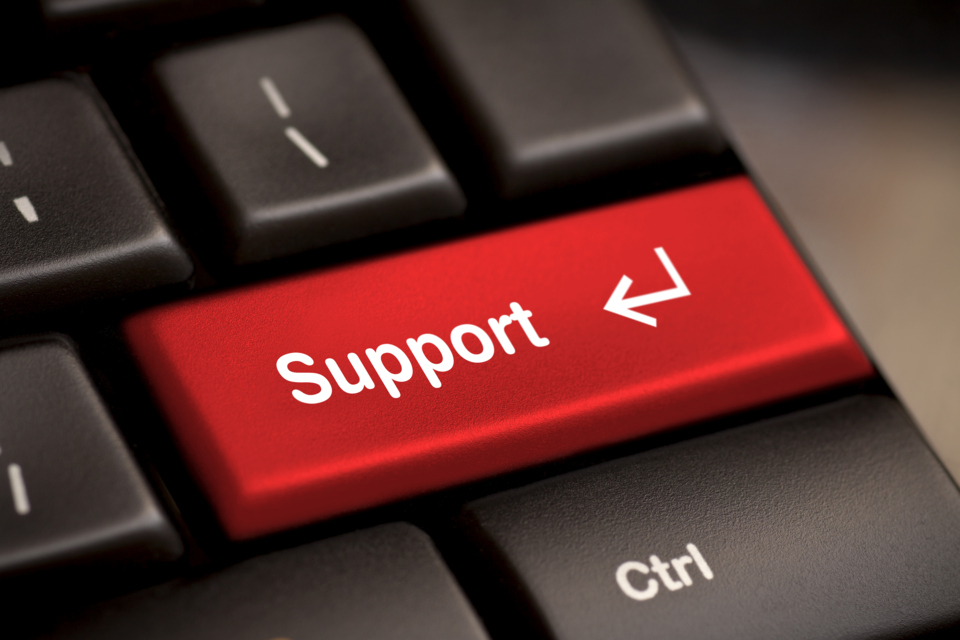
|
Financial support extended for storm-affected homeownersThe Government has extended accommodation assistance for households displaced by Cyclone Gabrielle and the January 2023 Auckland floods.
The Temporary Accommodation Assistance (TAA) has been extended until June 2025. This follows the announcement of $28 million of extra funding to continue the Temporary Accommodation Service (as mentioned in our 6 June newsletter).
“Extension of this critical support will be a huge relief for whānau in all affected regions as they move through the stages of recovery. And particularly in Auckland where those affected will be able to register for categorisation until the end of September 2024,” says Linda Greenalgh, Recovery Office Group Community and Social Recovery Lead.
Auckland Council had been advocating for an extension of these services, including for properties held in trusts. The Government has confirmed the extension will not include properties held in trusts.
|
|
|
|
|
Question of the weekI’ve been given a Category 1, and because I live near a stream and had about 30cm of water through my house, I’m keen to understand what I can do to protect my home during future storms.
Auckland Council has created a guide to help homeowners make their property more flood resilient and reduce damage in future severe weather events.
The guide to Preparing your property for flooding is a downloadable resource in the Storm Recovery Documents library and is also available in Simplified Chinese, Hindi, Samoan, Tongan, Korean and Māori.
The guide shows how to identify if your property is a flood risk as well as explaining what consents are required if you decide to make changes, how to manage streams on your land, what long-term improvements may reduce the impact of future floods and more.
There is also a summary video you can watch as well. You can also find more information about flood resilience on the OurAuckland recovery page (search ‘flood’) and for further advice, email hwcustomerandcommunity@aucklandcouncil.govt.nz.
|
|
|
|
|
Property categorisation factsheetIf you’re new to this newsletter and trying to get your head around property categorisation, make sure you check out our one-page factsheet on categorisation.
Residents have until 30 September 2024 to get involved in the scheme.
We’re currently providing the factsheet to residents who we know are at potential risk and are not yet registered for the scheme.
Know someone with translation needs?
This factsheet is also available in Māori, Samoan, Tongan, Simplified Chinese, Hindi and Korean.
|
|
|
|
|
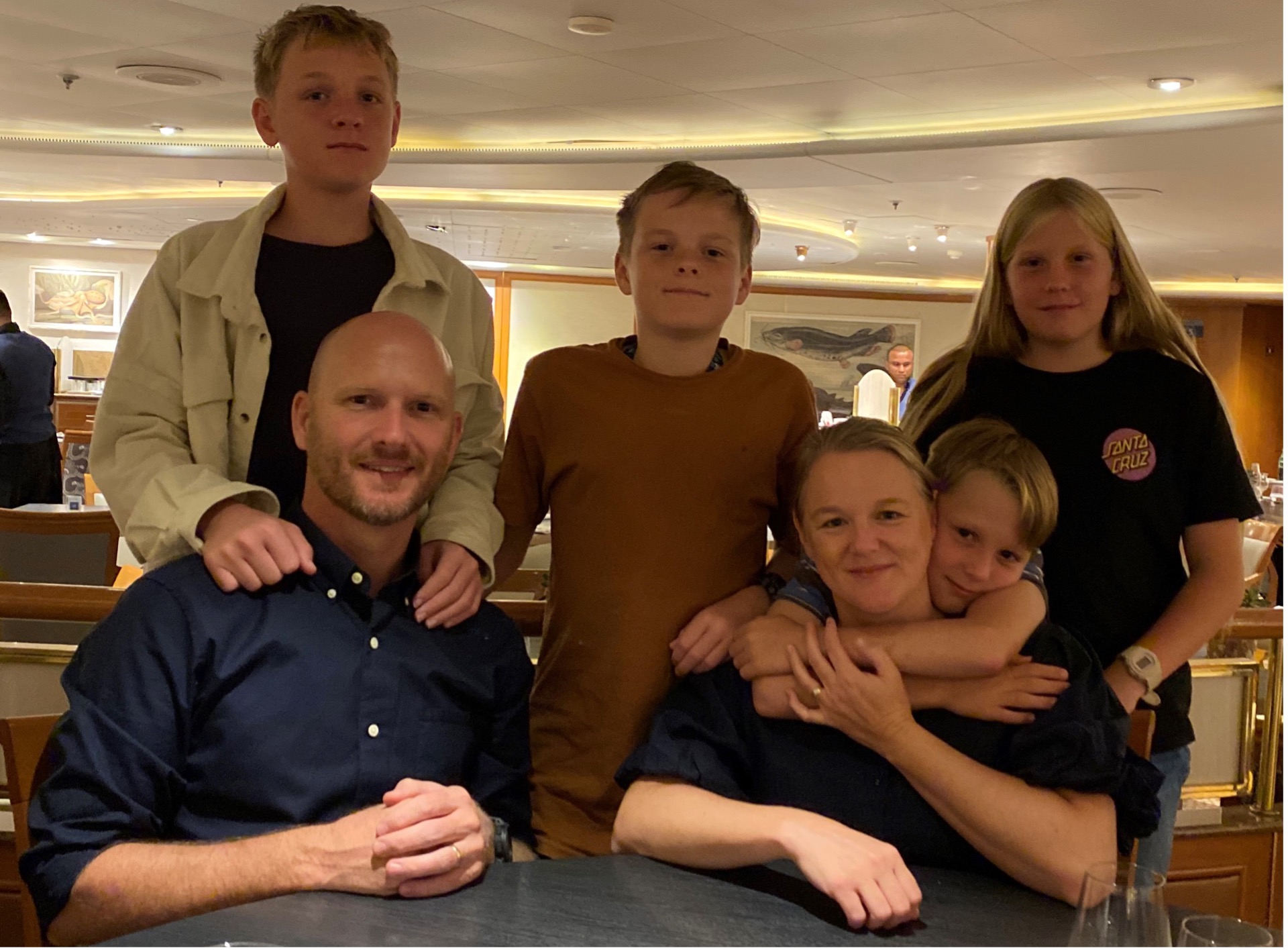
|
Navigating the road to recovery – why it’s ok to ask for helpWhen facing hardship, New Zealanders have a tendency to revert to ‘stoic’ mode, often thinking there’s someone else worse off than they are. That was the outlook held by Blockhouse Bay father of four Russell Pedersen when his family were impacted by the severe weather events of last year.
After flooding left half of their home unlivable, the family of six (pictured above) have been sharing the upstairs section of their storm-damaged property. It wasn’t until a neighbour referred Russell to the Storm Recovery Navigation Service, that he realised there was help available to them.
Thanks to the Moments that Matter fund from NZ Red Cross and support from his navigator, Russell’s whānau has been able to better prepare themselves for winter. From grocery vouchers to counselling sessions, Russell emphasises the impact the hands-on support has had on the wellbeing of his whānau.
|
|
|
|
|
The challenges of removing 700-plus homesWe’re well underway deconstructing the first Category 3 houses in Muriwai and we’re about to start with the next cluster of homes in Rānui and Henderson.
Recovery Office Homes and Houses Programme Manager Kris Bird says it’s a more complex, lengthy and costly project than the average Aucklander might think.
“Removing hundreds of storm-affected homes across Tāmaki Makaurau will not be a linear programme, with plenty of tricky situations needing solutions along the way. The most important consideration is that we work closely with the community to deliver the work in a respectful manner.”
From asbestos and polystyrene in concrete to cross leases and tricky access, Mr Bird shares a few of the challenges of this mammoth task.
|
|
|
|
|
First full house relocatedThe first full house has been relocated from a Category 3 property (pictured right in Muriwai).
Relocating the house is the preferred option for Category 3 properties, followed by deconstruction and then demolition – only if the house is badly damaged.
Watch our video on deconstruction.
|
|
|
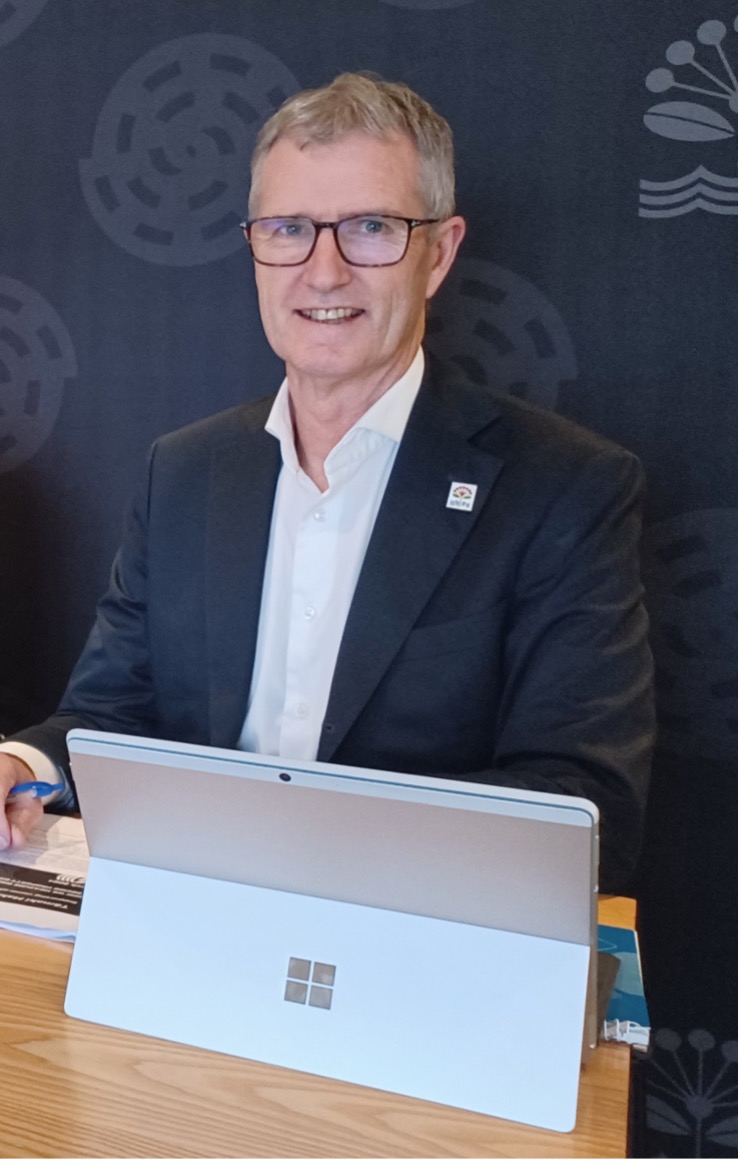
Recovery leadership transitionWith Auckland’s key recovery foundations set, significant funding secured, and activity in full swing, Group Recovery Manager Mat Tucker will hand over leadership of the Tāmaki Makaurau Recovery Office.
From 1 July current Deputy Group Recovery Manager Mace Ward (pictured) will lead storm recovery efforts with a focus on delivering categorisations, Category 3 buy-outs, removing risky homes, and setting up policies for future land use. Mace was heavily involved in the initial response and has been with the subsequent recovery team from day one and many of you will have met him out in the community.
“Mat has navigated some extremely complex conversations to secure critical funding from our partners; led a team that has engaged with Aucklanders facing some of the most difficult and heart-breaking situations imaginable; and laid the foundations for our recovery journey,” says Phil Wilson, Auckland Council’s Chief Executive.
He has also fronted many a community meeting to answer your important questions. We are hugely grateful for the massive effort Mat has made setting up our recovery programme.
In March Mr Wilson confirmed an extension of Mat’s contract to the end of this month, with a focus on transition planning. The transition framework will be presented to the council’s Governing Body next Thursday.
|
|
|
Reminder: Community meeting in HendersonThe Recovery Office is hosting a community meeting for flood-affected homeowners in Henderson next Tuesday (25 June). Come along to hear about:
- property categorisation updates
- an update on the Making Space for Water flood programme
- winter preparedness programme and stream work in the west Auckland catchments
- support available for people who have been storm-affected.
When: 6.30pm to 7.30pm, Tuesday 25 June 2024
Where: Hub West, 27 Corban Avenue, Henderson
If you are unable to attend and would like an update via email, please email recoveryoffice@aucklandcouncil.govt.nz.
|
|
|
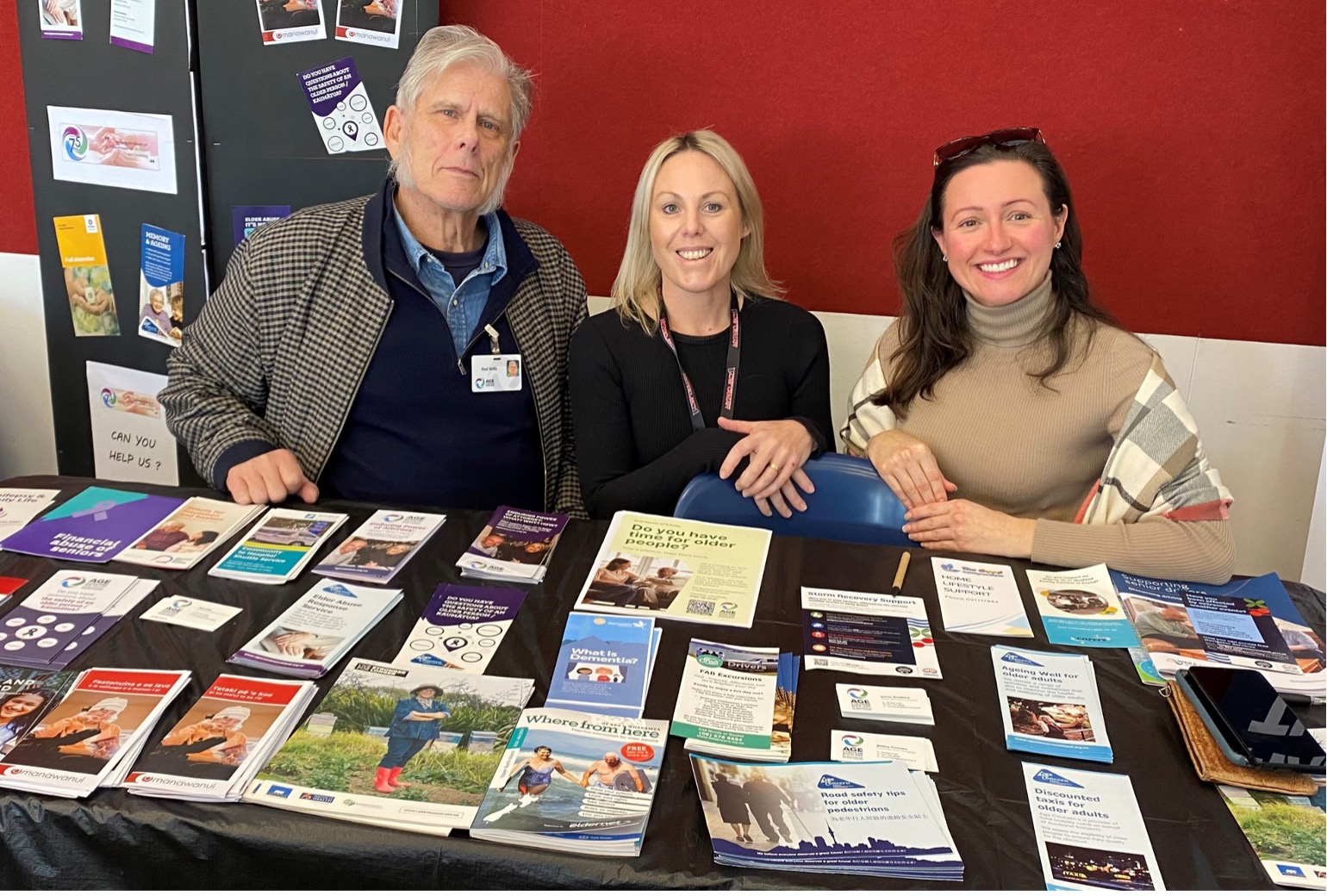
|
Face-to-face help essential for older AucklandersToday we’re profiling Age Concern Auckland as part of a series highlighting the fabulous work of our partner navigators.
This week is World Elder Abuse Awareness Week and Age Concern Auckland wants to remind us of the vulnerabilities of older people as they deal with the effects of last year’s storms.
Age Concern Auckland Intervention Services Manager Kai Quan says the main role her organisation plays is to act as a one-stop shop.
“We’re essentially the middle man to connect older people with the services they need but in a way that works for them. It’s all about making the process less stressful.
“Our storm recovery navigators can help with anything from ringing a power company to ensuring food parcels are tailored to older people.”
|
|
|
|
|
EQC changes from 1 July 2024From 1 July 2024 EQC Toka Tū Ake will become the Natural Hazards Commission Toka Tū Ake.
The Government’s natural hazards insurance scheme provides up to $300,000 towards damage to your home, as well as some cover for some of the land under and around it. You pay a levy through your private insurance policy to access this cover.
As well as the new name, they will also have new legislation, the Natural Hazards Insurance Act, and any new claims for natural hazards damage that occurred on or after 1 July 2024 will be managed under this new Act (NHCover).
Any damage that occurred before 1 July 2024 will continue to be covered under the Earthquake Commission Act 1993 (EQCover). So for 2023 storm-affected residents, there is no additional action required.
The cover is similar under both Acts for a range of natural hazards, and you can read more about the changes on their website.
|
|
|
Reminder: Let us know what webinars you would likeWith many people still making the time to attend our webinars (watch them here), we’re keen to set dates and topics for the next events.
Please tell us what webinar topics you think will be most useful by ranking the suggestions in the form below and/or sharing your ideas.
|
|
|
|
|
AT update: Karekare Road / Lone Kauri RoadSlip remediation works are progressing well on Karekare and Lone Kauri roads. Auckland Transport anticipates that the seventh slip site will be finished shortly.
Once this site is completed, they then have two more sites on Karekare Road and one more site on Lone Kauri Road.
For the full update, including road closures, visit the AT website. Upcoming road closures will be added to the website as soon as it’s known.
|
|
|
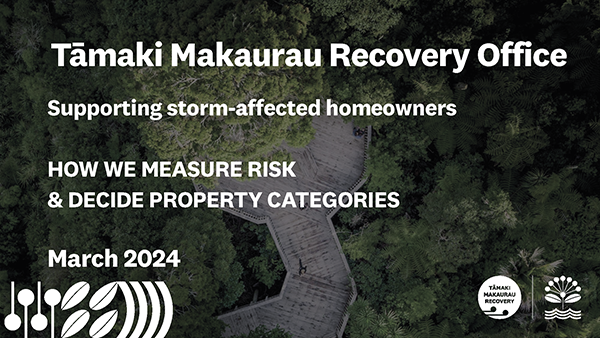
|
New to this newsletter?If you’re new to this newsletter, there’s a few things you can do to get up to speed on property categorisations, buy-outs, placards and more.
|
|
|
|
|
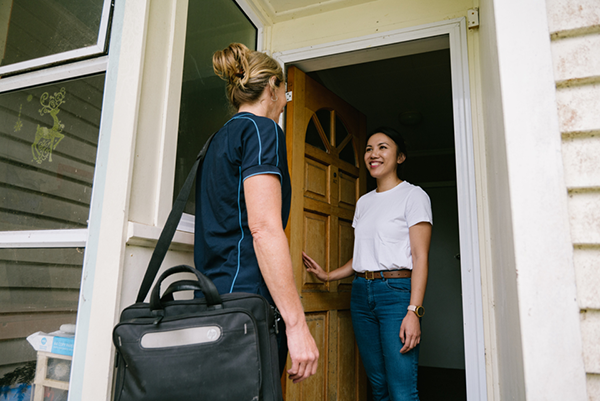
|
Need support?Various social and wellbeing support is available to people affected by the 2023 severe weather events. This includes free help with processing home insurance claims, rates relief, and identifying other services you may be eligible for, such as temporary accommodation assistance, and other financial and mental health support.
Find out what support is available on OurAuckland.
|
|
|
Missed a story?The Tāmaki Makaurau Recovery Office newsletter is published every fortnight. If you miss a newsletter, key content can be found on OurAuckland.
|
|
|
|
|

|
|
Know someone who might need this newsletter? Forward this email to them and get them to sign up.
|
|

